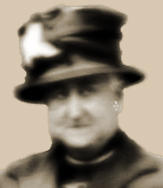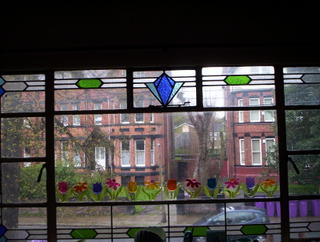The editor gets a word in
Anyway, when I'm not being enslaved to her ladyship, I chair the staff disability network of
Quite often, I'll be sitting innocently at my desk, minding my own business (Messrs Marmite and Dude can stop laughing right now), when I get an email query from a network member. And, you know, it's nice when people have faith in you, but some of my members have drawn the completely erroneous conclusion that I know everything.
Let me show you what I mean. Here are a few recent queries:
- "Can you provide me with detailed information about all aspects of access for visually impaired people to football, cricket and rugby?" (No, but I can introduce you to my good friend, Google.)
- "I've just got my blue badge and Motability have told me that I don't have to pay toll fees when I drive through Dartford tunnel: how do I go about getting this discount?" (Well, Motability seem to know all about this. Have you thought of asking them? I don't drive and, even if I did, I live in Liverpool.)
- "How high should a disabled toilet be? I went into a pub at the weekend and, when I saw the toilet, I reckoned it would be too high for a wheelchair user." (How do you expect me to know this? Am I a builder? Anyway, you're not a wheelchair user: so what makes you think you can tell just by looking that a toilet seat is too high? Aren't you the same person who asked me whether DDA II applied to voluntary work and then, 24 hours later, after I'd done the necessary research, remembered to tell me that what you were doing wasn't actually voluntary work at all, it was paid employment?)
And that's just ten days' worth. But here's my favourite of all time. (And, remember: I live in Liverpool. The person who sent this question to me lives in Halifax.)
- "I can't drive to work any more, so I'll have to get the bus. Assuming I can get a discount because I'm disabled, how much will my bus fare to work be every day?"


















